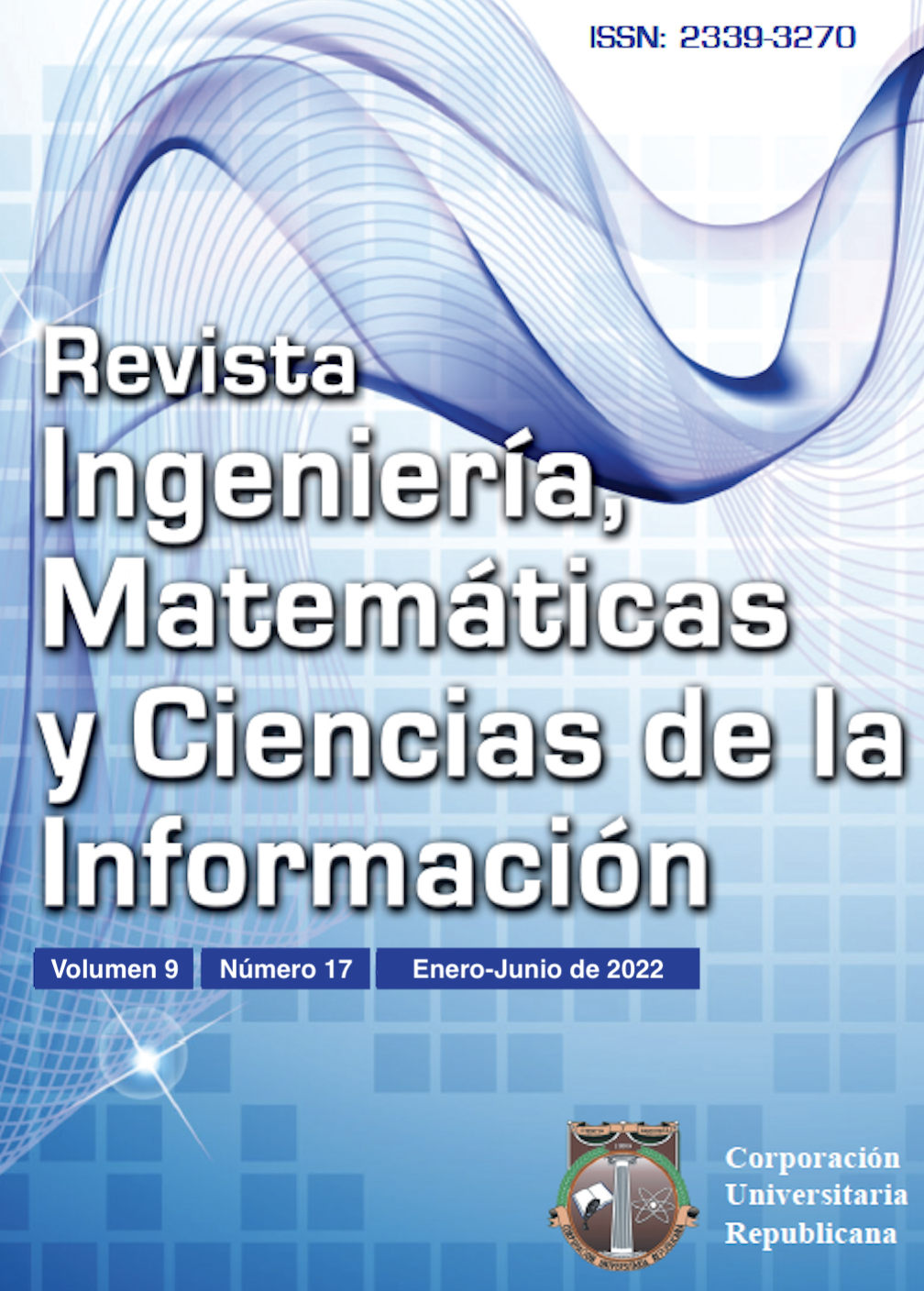Strengthening mathematical logical thinking through chess
FORTALECIMIENTO DEL PENSAMIENTO LÓGICO MATEMÁTICO A TRAVÉS DEL AJEDREZ
Show authors biography
The main objective of this work was to strengthen logical-mathematical thinking through chess as a pedagogical strategy in sixth grade students of the Antonio Nariño la Yopalosa Educational Institution «Nunchía Casanare», based on the shortcomings presented in the exercises of the mathematics classes with topics that address addition and subtraction, due to the rejection and little interest in this area.
Taking into account that pedagogical strategies that contribute to meaningful learning should be sought where the student feels the ability to participate in a class of their interest and pleasure without affecting their learning process, according to the basic competency standards established by the MEN, it was decided to involve the game of chess in math classes so that teachers and parents would know its importance for the development of intellectual abilities in students.
Adding to the above, this work was carried out with a sample of 30 sixth grade students, the I.A.P was implemented in the methodology, the qualitative approach and the line of research development of mathematical thinking, then four data collection instruments were stipulated (survey, didactic sequence, field diary and pedagogical workshop), in order to carry out a diagnosis, field work and systematization of the results, through which it was possible to show that chess is an excellent pedagogical strategy to be applied in the classroom, since it develops logical- mathematical thinking, since it stimulates reasoning skills, mental agility and problem solving in students, it also allows classes to be carried out in a creative way, awakening in students the enthusiasm for learning various topics of the subject through chess.
Article visits 1391 | PDF visits 1386
Downloads
- M. R. Mira. «Teoria» de ajedrez. Revista de eco- nomía e direito, XII (1). https://repositorio.ual. pt/bitstream/11144/2524/1/Teoria%20de%20 ajedrez.pdf. 2007.
- M. J. Avalos. Influencia del ajedrez en el desarrollo integral del hombre. Obtenido de file:///C:/ Users/Estudiante/Downloads/226-Art%C3% ADculo-615-1-10-20191114.pdf. 2019.
- Significados. Significado.com. Obtenido de Pensa- miento lógico: https://www.significados.com/ pensamiento-logico/. 2017.
- Miniland. Miniland Educational: Playing to- day, for tomorrow. Obtenido de Consejos para impulsar el pensamiento lógico matemático del niño: https://spain.minilandeducational.com/ family/consejos-impulsar-pensamiento-logico- matematico-nino. 2017.
- S. Ardiles, Pensamiento lógico matemático en es- tudiantes de nivel inicial San Juan de Miraflores- Lima. Obtenido de http://repositorio.ipnm. edu.pe/bitstream/ipnm/1802/1/Tesis%20final %20ARDILES.pdf. 2021.
- I. R. Salvador. Psicología y mente. Obtenido de Es- trategias didácticas: definición, características y aplicación: https://psicologiaymente.com/desa- rrollo/estrategias-didacticas. 2021.
- J. O. Alvarado. Estrategias pedagógicas en el desa- rrollo cognitivo. Obtenido de https://www. pedagogia.edu.ec/public/docs/b077105071416 b813c40f447f49dd5b7.pdf. 2016.
- Bisquerra. Metodolgía de la investigación holística. Obtenido de https://repositorio.uide.edu.ec/ bitstream/37000/3893/3/Metodolog%C3%ADa %20para%20la%20investigaci%C3%B3n%20hol% C3%ADstica.pdf. 2004.
- J. Elliott. El cambio educativo desde la investiga- ción acción. Madrid, Morata, 1993.




